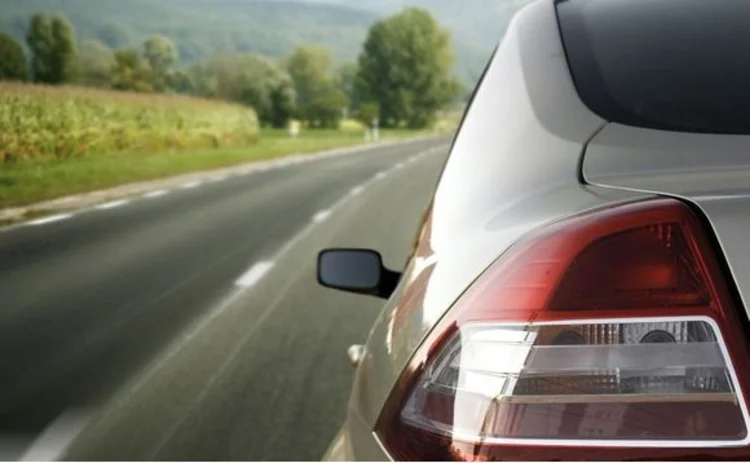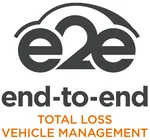
Blog: Reclaimed parts - reimagining the motor claims of the future

Reclaimed parts offer a host of benefits including offering consumer choice, lowering costs and protecting the environment. Neil Joslin, chief operating officer at e2e Total Loss Vehicle Management, looks at the three parties key to the successful delivery of a reclaimed parts model in the claims process.
What do reclaimed parts and a three legged stool have in common? Before answering that question, let’s consider the backdrop – why is it that recycling as a concept is becoming the norm, but not in
Only users who have a paid subscription or are part of a corporate subscription are able to print or copy content.
To access these options, along with all other subscription benefits, please contact info@postonline.co.uk or view our subscription options here: https://subscriptions.postonline.co.uk/subscribe
You are currently unable to print this content. Please contact info@postonline.co.uk to find out more.
You are currently unable to copy this content. Please contact info@postonline.co.uk to find out more.
Copyright Infopro Digital Limited. All rights reserved.
As outlined in our terms and conditions, https://www.infopro-digital.com/terms-and-conditions/subscriptions/ (point 2.4), printing is limited to a single copy.
If you would like to purchase additional rights please email info@postonline.co.uk
Copyright Infopro Digital Limited. All rights reserved.
You may share this content using our article tools. As outlined in our terms and conditions, https://www.infopro-digital.com/terms-and-conditions/subscriptions/ (clause 2.4), an Authorised User may only make one copy of the materials for their own personal use. You must also comply with the restrictions in clause 2.5.
If you would like to purchase additional rights please email info@postonline.co.uk








